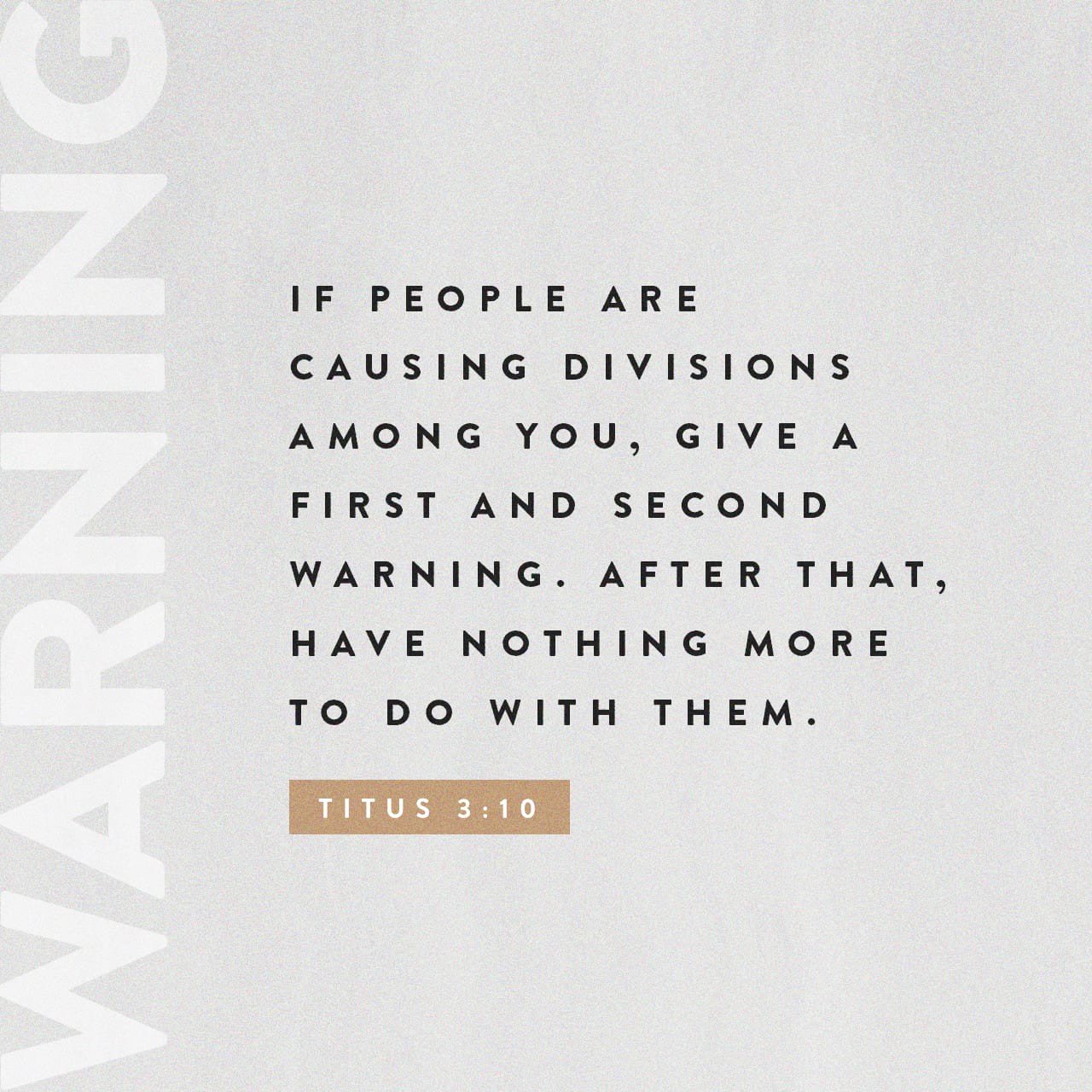Monday, March 23th, 2025
Bible Reading: 1 Samuel 19:20-24
20. So he sent men to capture him. But when they saw a group of prophets prophesying, with Samuel standing there as their leader, the Spirit of God came on Saul’s men, and they also prophesied. 21. Saul was told about it, and he sent more men, and they prophesied too. Saul sent men a third time, and they also prophesied. 22. Finally, he himself left for Ramah and went to the great cistern at Seku. And he asked, “Where are Samuel and David?” “Over in Naioth at Ramah,” they said. 23. So Saul went to Naioth at Ramah. But the Spirit of God came even on him, and he walked along prophesying until he came to Naioth. 24. He stripped off his garments, and he too prophesied in Samuel’s presence. He lay naked all that day and all that night. This is why people say, “Is Saul also among the prophets?”
Key Verse: “Then he went to Ramah and came to the great well that is in Secu. And he asked, ‘Where are Samuel and David?’ And one said, ‘Behold, they are at Naioth in Ramah.'” (1 Samuel 19:22)
Meditation:
The narrative of Saul’s relentless pursuit of David, as depicted in 1 Samuel 19, offers a powerful illustration of divine intervention. Driven by envy and fear, Saul sought to eliminate David, whose popularity and military prowess posed a perceived threat to his reign. Despite repeated attempts to capture David, Saul’s soldiers, and even Saul himself, were overcome by the Spirit of God, resulting in unexpected and uncontrollable prophetic utterances.
This account highlights a profound truth: when God intervenes, the plans of the wicked are thwarted, and the pursuers become the pursued. The Spirit of God, the ultimate power, can transform the intentions of those who seek to harm, turning their malice into a display of divine sovereignty.
The reality is, we all face pursuers in various forms. Some may be driven by envy, their hearts poisoned by the success or favor we enjoy. Others may be motivated by malice, seeking to tarnish our reputation or undermine our influence. Some are enemies of progress, opposing the expansion of God’s kingdom and the advancement of His purposes. Often, we are unaware of the machinations of these individuals, their plots hidden in the shadows.
As children of God, we are not left defenseless. We serve a righteous God, to whom vengeance belongs (Psalm 94:1). We are not called to retaliate or engage in physical combat. Instead, we are instructed to commit our persecutors into the hands of the Almighty, trusting that He will intervene on our behalf.
The Power of Divine Intervention
God’s intervention in the life of David demonstrates His ability to overpower even the most formidable enemies. Saul, a king with military might and political influence, was rendered powerless by the Spirit of God. His soldiers, sent to capture David, were compelled to prophesy, their mission derailed by divine intervention.
This account teaches us that:
God’s Power is Supreme: No human power can withstand the might of God.
God Protects His Children: He is a shield and a buckler to those who trust in Him.
God Turns the Tables: He can transform the pursuers into the pursued, rendering their plans ineffective.
God’s Spirit Overpowers: The Holy Spirit can override human intentions, compelling obedience to divine will.
The Importance of Prayer
In the face of persecution, prayer is our most potent weapon. We must commit our persecutors to God, asking Him to intervene on our behalf. We must also pray for the enemies of the Church, seeking their salvation and transformation.
Prayer is not merely a passive act; it is an active engagement with the divine. It is a declaration of our dependence on God and a recognition of His sovereignty. Through prayer, we invite God’s intervention into our circumstances, releasing His power to work on our behalf.
Consistency and Fervency in Prayer
The passage encourages consistency and fervency in prayer. Saul’s repeated attempts to capture David were met with repeated divine interventions. This highlights the importance of persistent prayer, refusing to give up in the face of adversity.
We must also be fervent in our prayers, approaching God with passion and zeal. Our prayers should be more than mere recitations; they should be heartfelt cries for divine intervention.
Praying for the Faith Community
In addition to praying for our personal persecutors, we must also pray for the faith community to which we belong. We are part of a larger body, and our prayers can impact the entire church.
We must pray for:
Protection from the enemy: Asking God to shield the church from attacks and schemes.
Unity and harmony: Praying for peace and cooperation among believers.
Spiritual growth and revival: Seeking God’s outpouring of the Holy Spirit upon the church.
Boldness and effectiveness in ministry: Asking God to empower the church to fulfill its mission.
Applying the Principle in Our Lives
How can we apply this principle of divine intervention in our lives?
Trust in God’s Sovereignty: Acknowledge that God is in control of all things, including our circumstances.
Commit Our Persecutors to God: Release our enemies into God’s hands, trusting that He will deal with them according to His wisdom.
Pray Consistently and Fervently: Engage in persistent and passionate prayer, seeking God’s intervention.
Pray for the Faith Community: Intercede for the church, seeking its protection and advancement.
Walk in Faith: Live a life of faith, trusting that God will protect and deliver us.
Prayer:
O God of vengeance, deliver us, Amen. We come before you today, asking for your divine intervention in our lives. We commit our persecutors into your hands, trusting that you will deal with them according to your wisdom and justice. We pray for the enemies of the Church, seeking their salvation and transformation. We ask for your protection, guidance, and deliverance. In Jesus’ name, Amen.
Bible in One Year:
Deuteronomy 29-30; Mark 16
May the Lord grant you peace and protection as you trust in His divine intervention.
 then 'Add to home screen'
then 'Add to home screen' then 'Add to home screen'
then 'Add to home screen'




